advocacy
We increase knowledge, enjoyment, pride, and informed decision-making around water.
We focus our education efforts on providing watershed science to citizens, developers, and local government officials so they can make sound water management decisions. Now is the time to ensure we are making the right decisions about the future of our water resources.
The Watershed Center promotes the following actions:
Wetland protection
Wetlands provide numerous benefits, including decreased flooding, groundwater recharge, water filtration, shoreline stabilization, and fish and wildlife habitat. We must ensure that wetland networks remain intact so our watershed can continue to function as a healthy ecosystem.
Stormwater management
Sediments and nutrients enter our surface waters through stormwater that washes from roads, parking lots, and rooftops. Trapping and treating stormwater onsite prevents these pollutants from entering our waters. Stormwater ordinances that require on-site infiltration and the use of green infrastructure, or design approaches that mimic natural processes, are useful tools that ensure sustainable development.
Riparian vegetation
Vegetation at the land-water interface, termed riparian vegetation, provides the opportunity for runoff to infiltrate before it washes into our waters. In addition, riparian vegetation cools water by providing shade, provides wildlife habitat, and stabilizes shorelines using complex root systems. We favor preserving vegetation along our lakes, rivers, streams, and wetlands.
Natural shorelines
Natural shorelines absorb wave energy and provide critical habitat for a variety of species. Natural shorelines function best when they include native, deep-rooted vegetation. We oppose shoreline stabilization techniques that remove ecological functionality, such as sea walls and riprap, and favor bioengineering techniques that retain natural features and use native plants and biodegradable products.
Aquatic invasive species
New Zealand Mud Snail, Asian carp, and other aquatic invasive species have the potential to significantly alter ecosystems, cause economic harm, interfere with recreation, harm human health, and reduce water quality. We advocate for proper aquatic invasive species prevention as well as appropriate management for species that have already arrived in our watershed.
We protect the water you love.
Photo credit: Tom Haxby



 Donate
Donate